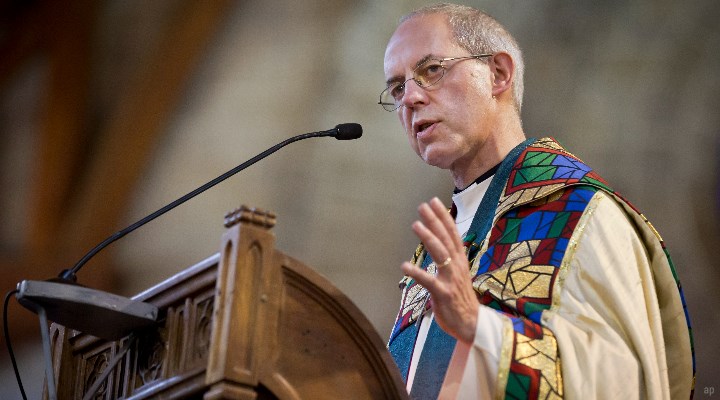
Are you a good person? And do you want your money to go to good causes? Assuming the answer to both questions is yes, you are not alone.
While protecting the planet is now often seen as the main priority for world leaders and citizens, there are other ways to do good with your money. In the UK, we handed over CAD$17.5 billion in donations to charities in 2020, according to National Philanthropic Trust UK. And last year, the average monthly donation to charity was CAD$73.
Given this astonishing rate of giving, it's worth examining the difference between charity and investing, and the increasingly blurred line between the two.
Crossing The Divide
World religions have charity at the core of their belief systems, and, even in an increasingly secular age, giving is seen as a virtuous act. Charitable giving is easier than ever thanks to the internet and small sums of money needed. Tax incentives also help both giver and recipient, as does technology, which makes the commencement of a charitable initiative faster than your best fun run.
When you donate money (or even time, or unwanted goods), you are effectively creating a one-off transaction. It’s a gift. You’re not expecting anything in return apart from a warm feeling that you’ve helped with the running costs of some of your favourite causes. Is that the end of the process though?
These days, charities are subject to scrutiny like never before, and scandals can make serious dents in their income. They are often structured like businesses, with chief executives and senior management recruited from the "for profit" sector, and they lobby governments for change in the way that industries work too. They are accountable to their "stakeholders" but aren’t expected to return money in the form of dividends or capital. Nor do they publish quarterly reports.
While some people are happy to "give and forget", others want to know where their money is being spent, if the charity is using it wisely – and that the organisation’s beliefs continue to align with their own. You may not expect a financial return, but the earning of social capital is implied in the unwritten contract. Like companies, charities have brand identities, which wax and wane depending on the news. Donor generosity can never be taken for granted.
Many not-for-profits or non-governmental organisations (NGOs) actually manage money and invest on behalf of their organisations via stocks, funds, commodities and property, however.
The Church of England (CofE) has a chief investment officer, who oversees just over CAD$15 billion, picking assets that a) earn a return and b) align with the Church’s mission. It invests in a range of assets, including private equity, venture capital and even timber – but opposes owning crypto on ethical grounds. Some churches do accept donations in Bitcoin, however. For the record, the Church of England has beaten the market over long periods.

On the other side of the fence, fund managers also market products aimed at charities, and some of the Morningstar rated ones include funds by Barclays, M&G, Cazenove and Waverton. And invested companies like CCLA offer dedicated sustainable funds for not-for-profits. Because they can hold illiquid assets like property, investment trusts are useful vehicles for more niche areas that cross over into impact investing. Civitas Social Housing (CSH), for example, invests in social housing and healthcare facilities. In an era of high inflation, yields are generally attractive in the real estate sector.
Competition Concerns
But trusts like Civitas are not passive investors. In its mission statement, it talks about "the opportunity the sector presents to change lives whilst delivering stable and growing long-term income and capital growth for our shareholders."
It continues: "we work closely with our partners in the sector (housing sssociations, care providers and local authorities) to improve standards and governance." Another example of an issues-focused investment trust is Triple Point Social Housing REIT (SOHO). Returns for these trusts have been volatile recently but that’s true of the equity market this year generally. Investment trusts have not escaped the turbulence.
Before the ESG industry became mainstream, investors felt like they had to choose between principles and profits. That’s now seen as an outdated argument, but the ESG industry now faces a true test as "sunset" industries like oil and gas come back to life and tempt more borderline ethical investors back into neglected sectors.
How this plays out is hard to say, but for now, investors are still piling into sustainable funds. Financial innovation means more "good money" products are likely to spring up, tempting investors with causes they care about. The ETF space is particularly fertile ground. The problem has been that the short-term performance of many of these funds has been poor. While it’s too early to judge, investors can be a fickle bunch and will move on quickly, just as they may well do when they lose trust in a charity, or simply find a more deserving place for their cash.




















